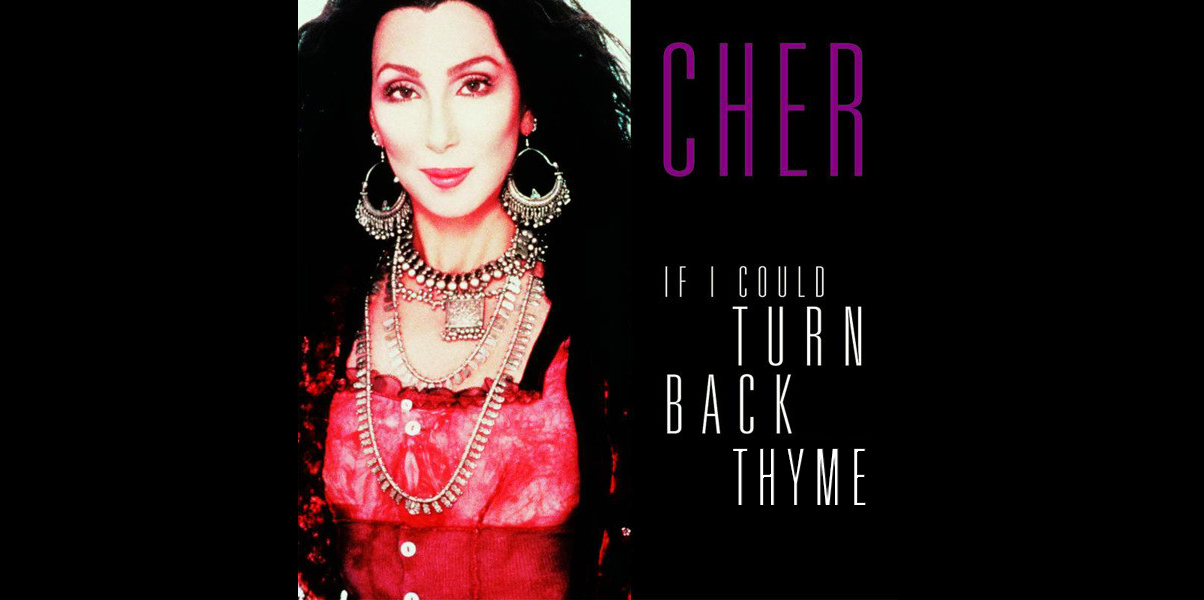I’m in great company, Einstein, Picasso, Branson, Spielberg, Cher, Cruise and the actor play The Fonz. Joking aside Henry Winkler has done more for people with Dyslexia than any other public figure. The Hank Zipzer series of books of which he is the author, chronicles the adventures of a young boy coping with dyslexia.
So when my Dad asks how well his 10 year old grandson is doing at school I make a joke of just how good his school reports are compared mine. I say this with a regrettable hint of reluctancy but I’m glad that my son hasn’t inherited it from me. Born into the early 70’s, schools were very different from what they are now. Dyslexia was not a thing, never mind a recognised learning disorder.
“Simon doesn’t listen in class, he has a lazy apporach to english”
My school reports were horrendous and I could feel the level of disappointment my parents had coming to school twice a year. Statements like he’s lazy, day dreams too much, lack of the ability to concentrate resinate out over most of my senior school reports. But when it came to performance, acting and dancing my reports were like chalk and cheese.
Dyslexia can crate isolation
My parents realised in by the age of 8 that I’d gone completely into myself. They were really concerned for my future development and tried to find a hobby or activity that would ‘bring me out of my shell’. This included unsuccessful attempts at martial arts classes. My younger sister had started dance classes and my Mum asked if I could have a go. Talking back to my Mum in her final years this was really a last grasp attempt to try and help me before making the difficult decision to look at moving me to a special school. Dance and drama was an activity I could really do well. It brought me out of my shell and for the next few years I performed in a Monty Python film and on stage in Cameron Macintosh productions.
It was apparent that going up to senior school and a Leeds comprehensive school in the early 80’s was not going to be the best solution. So a private performing arts school was found where I would be a full time boarder. This is where I spent the next 8 years, I loved it. My parents forgave my bad academic reports for the positive artistic ones.
Not enough room for more Wayne Sleep’s
The world wasn’t ready for another 5ft 6” dancer in 1989. Dance troops like Diversity weren’t cool and the entertainment industry back then only worked with perfect looking people. So you could say that diversity was never available to me. I was never going to get a desk job, so for the next 10 years I started a mobile disco and event company. Moving into local commercial radio in the late 90’s. Since then I’ve dipped in and out of creative environments to where I am now. The captain of a marketing agency and the good ship Soapy. This has created bigger challenges, a dyslexic creative in a corporate world. In a lot of ways I’m out of my comfort zone every day.
I just don’t get it!
Conversations around ‘what does it feel like’ and ‘what challenges do you have’ with friends are interesting. Until now I’ve not really promoted the fact professionally that I have a learning difficulty. As a child I was made to feel like that I was just ’thick’. For many years this made me feel like a poor cousin of society. Like I’m not as good as the other 90% of people I meet. The older I get the more my outlook has changed on what my dyslexia means to me. It’s a gift.
The way I describe the difference is that dyslexia brains process and channel differently to people without. I look at challenges and use different pathways to find a solution. It may take me longer and I might ask interesting and obvious questions. My brain uses a different processor to yours, so don’t worry if you don’t get to how I got there. Likewise don’t judge me when I get obvious things to you wrong.
Don’t use big words, I won’t be impressed
It takes me twice as long to write things with far more revisions than you. This blog has been double checked for both grammar and spelling. To the point that parts of what I have written may have been changed. I have been told that some of my classic mistakes have been left in, but don’t ask me where cause it looks correct to me. I understand the meaning of what I say, it’s just sometimes you won’t. So everything I put out in the public domain has to be checked.
I joke when I say ‘don’t use big words, I won’t be impressed.’ The simple answer is I wouldn’t understand anyway. My brain has a real disconnect between large words and their meaning. I get lost in academically intelligent conversations, it just doesn’t happen. The simplest words I can’t spell. My 10–year–old son has great fun teasing me, ‘spell word rhythm Dad.’ I don’t mind and we have a laugh about it.
Watch me fly
I can multitask like you wouldn’t believe, work out basic percentages, addition, subtractions quicker than it takes for you to pick up a calculator. My problem solving skill is off the chart, and in most situations I can come up with a solution you would have never come to. I think out of the box, in fact every thought I have is out of the normal box. I have a heightened sense to be able to read situations better than most people.
Never try and take me on at the music round in the pub quiz.
If I could turn back thyme!
If they found a cure, that’s an interesting dilemma. My dyslexia and colourblindness have made me who I am. They don’t define who I am, they enhance it. Sure, I’m never going to fly a plane or be an astronaut, but I’m ok with that.
What I do want is to spark more conversations with business leaders about admitting if they are dyslexic and raising awareness of the challenges we face. The stigma about dyslexia being a learning difficulty is really misleading. Dyslexia is an ongoing disability that challenges every hour of every day. Business leaders should not be made to feel like they are substandard in comparison. There needs to be a level playing field around what we can all achieve regardless of whether you have dyslexia or not.




